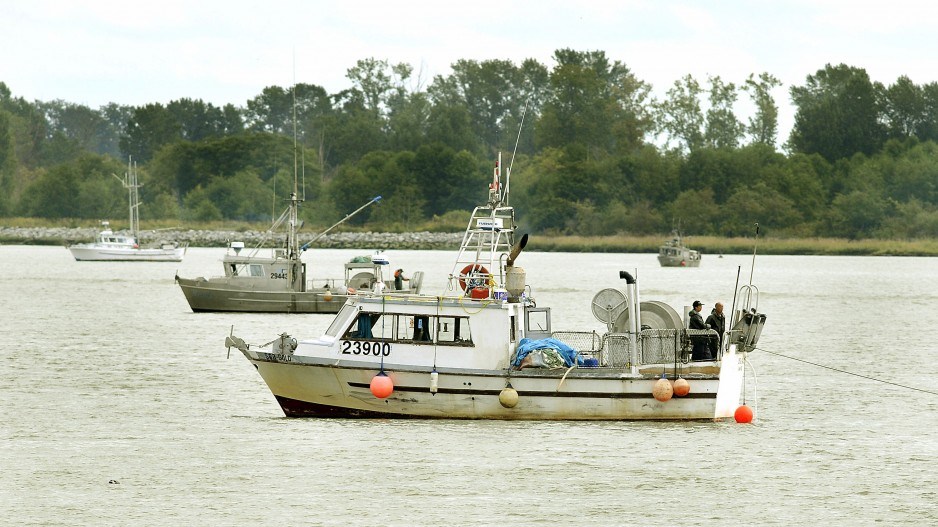Non-aboriginal fishermen aren’t the only ones who resent being kept off the water when First Nations are conducting a commercial fishery.
As a Matsqui First Nation BC Supreme Court civil suit filed against Canada illustrates, some First Nations are also kept off the water when a native commercial harvest is approved.
The suit underscores how Canada’s native fishing rights policies have been evolving ad hoc – driven more by litigation than legislation.
“The whole realm of public policy around who gets what in the take of the fisheries is what drives all this,” said Christina Burridge, executive director for the BC Seafood Alliance.
“How do you resolve it, in the absence of treaties on the ground, when you have a combination of historic treaty rights, modern treaty rights and asserted rights in the backdrop of this broader competitive fishery?”
The Matsqui are suing for damages for being shut out of a food fishery in 2010 while other First Nations were conducting a commercial sockeye and pink salmon harvest.
The suit was filed in 2011. The Attorney General of Canada asked that it be struck and sent to the Federal Court. But in April, the BC Supreme Court ruled the civil action could go ahead.
Due to a general decline in salmon stocks over the past couple of decades, some First Nations have not received their usual allocation of food fish in years when returns were low. The Department of Fisheries and Oceans can close all fisheries, including food, social and ceremonial (FSC), when there are conservation concerns.
But 2010 Fraser River sockeye returns were among the largest in history – nearly 30 million – so conservation wasn’t the issue.
Because there was such an abundance of salmon in 2010, the DFO offered bands between Yale and the Port Mann Bridge a special commercial “comprehensive fishing agreement” opening.
For reasons that aren’t clear, the Matsqui declined to participate. As the Cohen Commission has heard, not all First Nations have the resources to conduct commercial fisheries, so some will opt for smaller, less intensive food fisheries.
Calls to the Matsqui were not returned, and, because the case is still before the courts, DFO declined to comment.
Chief Ken Malloway, a member of the First Nations Fisheries Council, told Business in Vancouver the Matsqui got the chance to fish for FSC, but not on the same days as the native commercial fishery.
Originally, the comprehensive agreement was to last four days, but because the returns were so strong, it was extended, first to seven days, and then to 10. All the while, the Matsqui were kept off the water.
Malloway said DFO keeps the FSC and commercial harvests separate because DFO fears food fish will be sold illegally.
“DFO doesn’t want the food fishing going on at the same time as the economic opportunity because they’re afraid that the people that are fishing for food will go and sell their fish at a landing site that’s designated for economic opportunities,” he said.
But if the Matsqui wanted to sell their food fish, they could have participated in the commercial harvest. Malloway said separating the two native fisheries was unnecessary.
“It [the lawsuit] could have been avoided,” he said. “They [DFO] are buggering everything up and now there’s a court case. They should have let Matsqui fish at the same time as we did.”•




